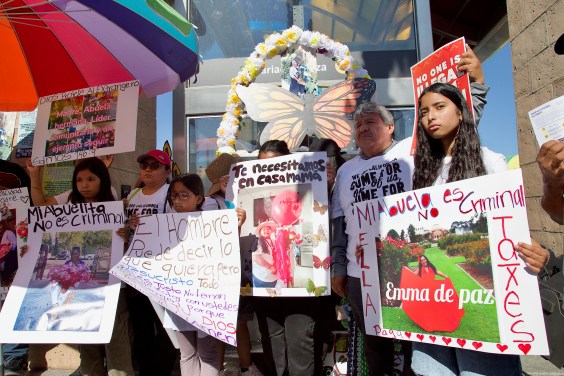
Rental assistance from HUD isn't enough to make the cost of living affordable when the subsidies go toward housing in car-dependent areas, according to a new study by researchers from the University of Texas and the University of Utah. The study evaluated transportation costs for more than 18,000 households that receive HUD rental subsidies, estimating that nearly half of recipients have to spend more than 15 percent of their household budgets on transportation.
HUD generally considers housing to be "affordable" if it consumes less than 30 percent of a family's income. But that calculation doesn't factor in the transportation costs that come along with different housing locations. A family that lives in a walkable neighborhood with good transit options will be less burdened with transportation costs -- car payments, insurance, gas -- than a family with the same income living in an area where they have to drive for every trip.
A broader picture of affordability comes from the "H+T index" popularized by the Center for Neighborhood Technology, which holds that if housing accounts for 30 percent of a household's budget, transportation should not account for more than 15 percent to keep total costs affordable.
In the new study, researchers developed a model to determine how much households receiving HUD rental assistance have to spend on transportation in several cities. They found a great deal of variation across metro areas. In San Antonio, for example, only 13.5 percent of the housing units were in locations where transportation costs would consume less than 15 percent of household income, while in Los Angeles the figure was 97 percent.
Researchers looked at a broad sample of households receiving HUD rental assistance who had also completed the National Household Travel Survey, then modeled what they spend on transportation using estimates for the costs of car ownership and transit. They concluded that transportation costs exceed the affordability threshold for 48 percent of those households.
Among the cities with the highest share of rental assistance properties with high transportations are Pittsburgh, Houston, Phoenix, Atlanta, Cleveland, and Pittsburgh. "Not surprisingly, these and other metropolitan areas... are found to be among the most sprawling MSAs in the country by previous studies," write authors Shima Hamidi and Reid Ewing.
The cities with the highest share of properties with affordable transportation costs included San Francisco, Los Angeles, Portland, New York, and Denver.
The researchers conclude that "HUD rental assistance programs, when they subsidize housing in sprawling auto-dependent areas, are not holistically affordable." They suggest the agency could make better use of resources by directing rental assistance to transit-accessible locations.







